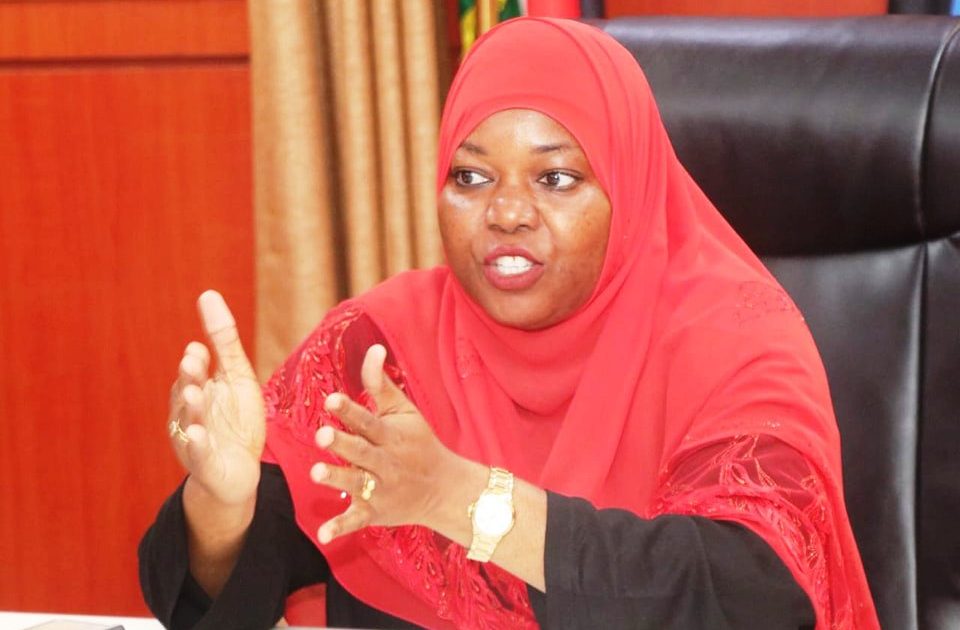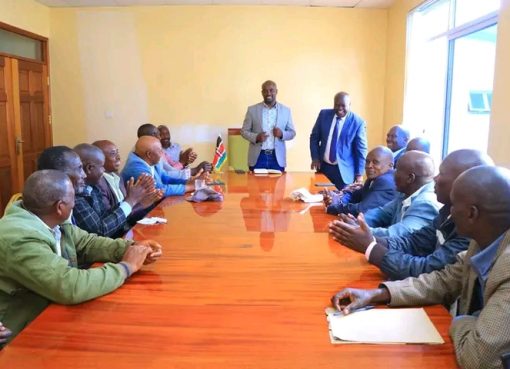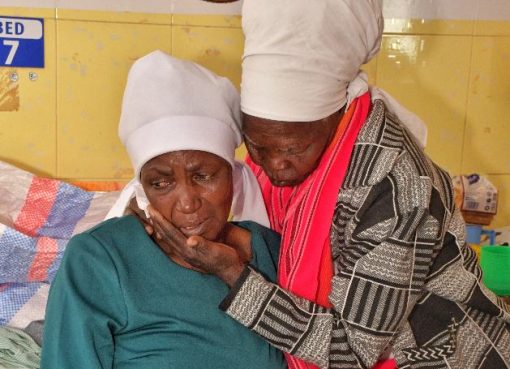The Kwale County government is scaling up the fight against illicit drugs and substance abuse in the region by roping in faith-based organisations.
Governor Fatuma Achani says her administration is intensifying public campaigns aimed at tackling drug and substance abuse in society.
Achani says her administration will ratchet up the fight against drug and substance abuse by youth and some adults in the region.
She was speaking when she met a group of Muslim and Christian religious leaders who have come together to campaign against drug abuse in Kwale town.
Achani urged the religious leaders to make anti-drug abuse messages a constant feature in their sermons to save hundreds of youth affected by the menace of drug and substance abuse and prevent many others from slipping into the scourge.
Governor Achani says the devolved government is partnering with religious leaders, faith-based organisations, and other stakeholders under the banner of Faith Community Against Drug Abuse (FACADA), tasked with creating awareness about drug and substance abuse.
She said her administration will be stepping up the campaign against illicit drugs and other banned substances and called for the active participation of all stakeholders to realise a drug-free society.
“We urge the stakeholders and the general public to join us in this crusade against drugs and substance abuse and make Kwale drug-free,” she stated.
According to her, it is crucial to make the local youths understand the mental health implications of their actions in abusing illicit drugs such as cannabis, cocaine, kuber, heroin, or amphetamines.
She advised that youths should desist from any form of illicit drug and substance involvement if they want to be successful and lead a happy life.
Achani says the devolved unit and FACADA, with support from International Aid Services (IAS DK), a partner from Denmark, will embark on awareness-creation activities on the ills of drug abuse in a bid to check the menace in the coastal county.
IAS DK works primarily in East Africa and the Horn of Africa, in Kenya, Tanzania, Sudan, South Sudan, Uganda, and Ethiopia.
Achani says the FACADA project has brought on board 590 religious leaders from the Muslim and Christian faiths, traditional Kaya elders, and community leaders in the war against drugs and substance abuse in the sub-counties.
She says the project targets to sensitize the communities to the dangers of drug and substance abuse, adding that they pose dangers of mental health problems and depression, among other risks.
The county boss says the prevalence of drug abuse and its negative impact on the health and safety of the people require all hands to be on deck to curtail the social menace.
She says that drug and substance abuse propel crimes and that the FACADA forum would evolve proactive measures to address the menace.
Achani has blamed the high rate of drug and substance abuse in the coastal region for the rise in teen pregnancies, new HIV infections, and sexual and gender-based violence cases among young people.
She further added that the Kombani methadone and drug rehabilitation centre established by the county government has ensured those affected by drugs get treatment, which allows them to rejoin the community as rehabilitated people.
The governor disclosed that more than 1,000 recovering victims have received services from the Kombani Methadone Centre, while some of them are receiving counselling and behaviour therapy.
She says treating addicts and preventing the onset of drug use can complement the efforts of local security agencies to reduce supply and demand.
According to the National Authority for the Campaign Against Drug Abuse (NACADA), hundreds of youth are addicted to drugs in Mombasa, Kwale, Kilifi, and Lamu counties, and substance abuse continues to be a challenge for the authorities.
The anti-drug agency says the alarming rate of hard drug use among the youth in the region has assumed a worrisome dimension despite persistent campaigns against the vice.
By Hussein Abdullahi





